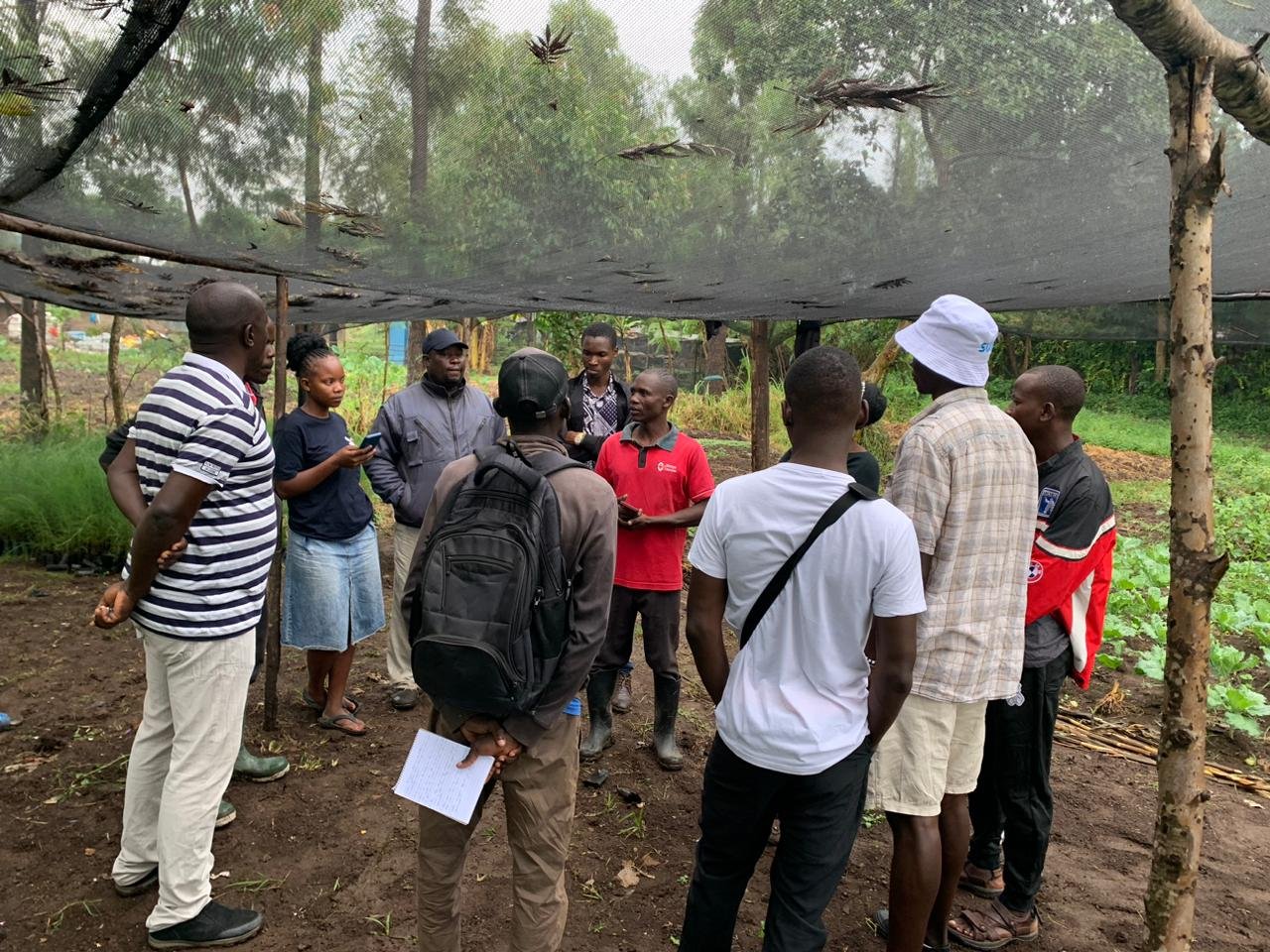Nyalenda Prison Land Ownership Saga-Challenges Faced by the Natives.
By David Oduor
Every human being is entitled to rights and freedoms as stipulated in the 2010 Constitution of Kenya. Article 40(1), subject to Article 65, asserts that every person has the right, either individually or in association with others, to acquire and own property anywhere in Kenya. Land, as a fundamental factor of production, plays a vital role in our lives. For a community to thrive in production and maintain sustainable livelihoods, they must have the right to own land, to call it their own, and to use and inherit it in accordance with the Land Act of Kenya.
However, this ideal situation doesn't align with the reality in Nalanda – Kasagam, an area where the local residents believe that their right to own and use land is being infringed upon by the government. This marks the beginning of the Nyalenda prison land saga. During our interactions with the residents of this area, they highlighted the various challenges they face due to natural calamities and the land ownership wrangles between the community members and disputes with government agencies. KYCTV has documented some of these challenges, which we will discuss below
Kisumu media team interacting with the residents
Photo Credit: KYCTV
Nyalenda Prison is characterized by densely populated neighborhoods, bustling streets, and a thriving local economy. According to a community-led eviction assessment report conducted in partnership with SDI Kenya, the settlement is home to 441 families, with a combined population of 1,472 people. In the event of forced evictions, all of them would be displaced. What makes this situation particularly worrisome is that 44% of the total population has lived in the settlement for over a decade, and this is where they have laid their loved ones to rest. Their heart-wrenching concern is where their families will go if they are evicted from their homes.
Muungano Wa Wanavijiji organized community dialogues and facilitated unity among the residents. They purposefully raised awareness about land rights, enabling the residents to comprehend the legal status of their land. This, in turn, empowered the communities to negotiate with the County Government of Kisumu. Coming together as residents of Nyalenda Prison has unified their voices.
Situated along the River Auji, the settlement faces significant challenges from flooding and water backflow. During heavy rainy seasons, floodwaters wreak havoc on houses, properties, and crops. Furthermore, residents' lives are at risk as the swollen river claims lives. Stagnant water also contributes to numerous health problems, including bilharzia, cholera, and malaria.
According to most of the residents in the area, since the eviction story began, production has reduced. Some of the trees planted by the community as a mitigation measure against climate change are being cut down by the government agency claiming the land. Their crops are being destroyed in the process of cutting down trees. This has discouraged some of the locals from continuing their day-to-day farming activities, reducing the production of vegetables and other farm products. The training that residents of Nyalenda Prison received from Muungano Wa Wanavijiji and SDI Kenya on savings and livelihood has been very instrumental. Community members now meet every Sunday to discuss issues affecting them, such as land, housing, and services. These meetings have helped them create a vision for how they want their communities to look, thus establishing a financial model to start housing projects and support.
Community members assessing the trees they planted but were cut down by a Government Agency
Photo Courtesy: KYCTV
This community consists of farmers who owe their livelihoods to the nature of their soil, and many people, businesses, organizations, schools, and churches depend on them. How will these people who rely on them be sustained? How will they cope if evicted from their land? Who will pay their bills when their hopes are tied to the farmland? These questions aren't easy to answer, and their impact is deeply felt when you interact with the residents. The issue has caused depression, stress, and even premature deaths in the community.
Some of the key community members, stakeholders, and opinion leaders have also stated that since the disputes began, a significant amount of time that could have been spent on farming activities and general economic production has been wasted in courtrooms, following the case. One elder even questioned why someone unrelated to the community is trying to claim the land in Kano, causing them unnecessary stress and wasting their time.
Despite all the challenges and problems, the community is hopeful of winning the case and obtaining title deeds to prove their rightful ownership of the land. They argue that their ancestors and families are buried in the land, a testament to their long history there, making it their true home. They believe that the government agency claiming the land initially acted in good faith when allocating the land, and now it's time to return it to its rightful owners. The community also expressed their appreciation for the organizations and individuals who have supported them in various ways. Notable mentions include the former Nyalenda B MCA Joseph Olale, Muungano Wa Wanavijiji for raising awareness, KYCTV for giving them a platform to voice their concerns, and CBO, among others.


